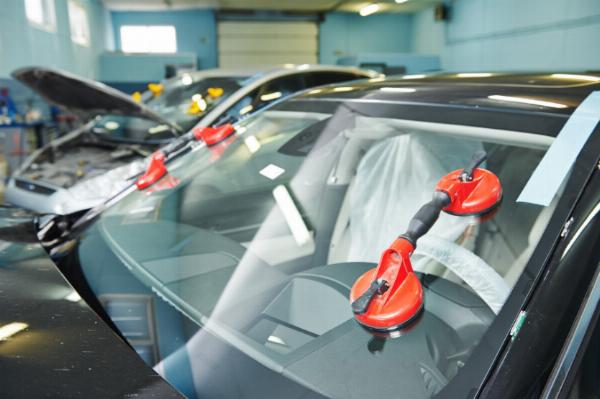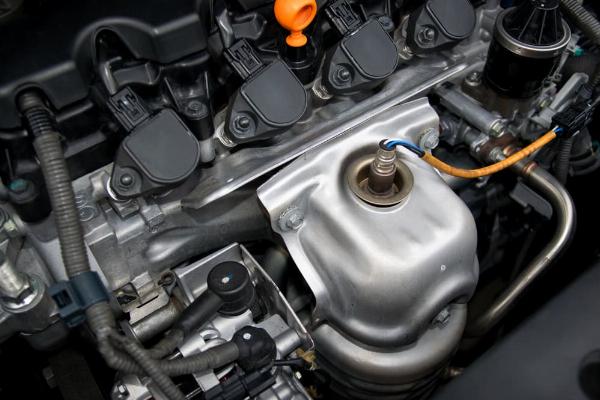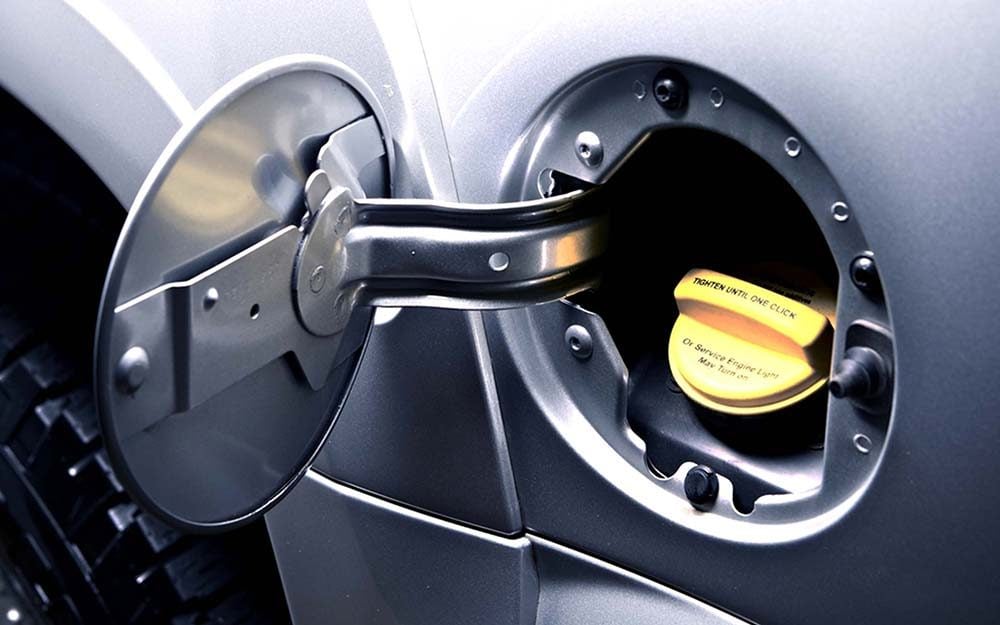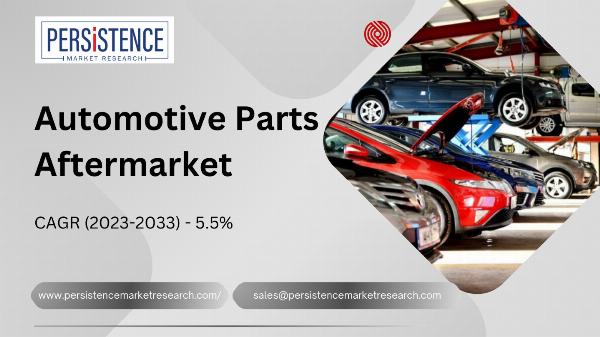 Infographics for Backlinks – Visual Goldmines for Authority Sites!
Infographics for Backlinks – Visual Goldmines for Authority Sites!
How AI is Driving the Future of the Automotive Industry
Written by sonalika verma » Updated on: June 17th, 2025
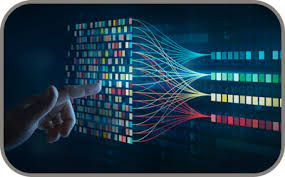
The automotive industry is experiencing a transformation like never before, and at the heart of this revolution is artificial intelligence (AI). From autonomous vehicles to advanced manufacturing processes, AI in the automotive industry is pushing the boundaries of innovation, enhancing safety, improving customer experience, and boosting efficiency. As car manufacturers, suppliers, and tech companies collaborate, the impact of AI on the automotive sector continues to expand, paving the way for a more intelligent, connected, and sustainable future.
The Rise of AI in the Automotive Industry
AI has become a cornerstone of the automotive industry's evolution. In recent years, the sector has witnessed a surge in AI-driven applications, ranging from smart manufacturing to in-car connectivity systems. The adoption of AI technologies is redefining how vehicles are designed, produced, and used.
Several factors contribute to the rise of AI in the automotive industry:
Advancements in Machine Learning and Computer Vision: These technologies allow cars to analyze their environment, enabling autonomous driving, traffic management, and real-time decision-making.
Data Utilization: AI can process vast amounts of data generated by vehicles and their systems, leading to predictive maintenance, personalized driver experiences, and efficient fleet management.
Increased Demand for Safety: AI-driven safety features, such as adaptive cruise control, lane departure warnings, and emergency braking, are becoming standard in modern vehicles, reducing accidents and enhancing road safety.
Autonomous Driving: The AI-Powered Revolution
Autonomous driving is perhaps the most significant application of AI in automotive industry. Self-driving cars, powered by AI algorithms, are equipped with sensors, cameras, and LiDAR systems that analyze the surrounding environment and make driving decisions in real-time. Companies like Tesla, Waymo, and Uber are leading the charge in developing fully autonomous vehicles, aiming to eliminate human error and enhance road safety.
There are five levels of vehicle autonomy, ranging from basic driver assistance systems (Level 1) to fully autonomous driving (Level 5). AI is crucial in reaching higher levels of autonomy by processing data from multiple sources and making split-second decisions. The benefits of autonomous vehicles include:
Reduced Traffic Accidents: By minimizing human errors, autonomous vehicles have the potential to reduce accidents caused by distracted driving, speeding, or impaired drivers.
Increased Efficiency: Self-driving cars can optimize routes, reducing congestion and fuel consumption, which benefits both the environment and the economy.
Improved Accessibility: Autonomous vehicles can provide mobility solutions for people with disabilities or those unable to drive, offering greater independence and convenience.
AI-Driven Manufacturing and Supply Chain Optimization
Beyond autonomous vehicles, AI plays a crucial role in automotive manufacturing and supply chain management. AI-driven robotics, predictive analytics, and machine learning algorithms are transforming production lines and enabling manufacturers to optimize operations. Here are some key ways AI is enhancing automotive manufacturing:
Predictive Maintenance: AI can monitor machinery and production lines, identifying potential issues before they lead to breakdowns. This reduces downtime and ensures smoother operations.
Quality Control: AI-powered computer vision systems can detect defects in materials or parts during the production process, improving the overall quality of vehicles while reducing waste.
Supply Chain Optimization: AI helps manufacturers predict demand, manage inventory, and optimize logistics, ensuring that parts and materials are available when needed. This reduces costs and increases production efficiency.
Collaborative Robots (Cobots): Cobots work alongside human workers on production lines, using AI to assist with complex tasks while improving safety and productivity.
AI-Powered Personalization and Connectivity
As consumer expectations evolve, the automotive industry is leveraging AI to enhance the driving experience through personalization and connectivity. AI enables vehicles to become more than just a mode of transport; they are evolving into personalized smart devices that cater to the preferences and needs of drivers.
In-Car Assistants: AI-powered virtual assistants, such as voice-activated systems, provide drivers with real-time information on routes, weather, and traffic. These systems can learn the driver’s habits and preferences, creating a customized driving experience.
Infotainment Systems: AI integrates with infotainment systems, delivering personalized music, media, and navigation suggestions based on the driver’s history and preferences.
Predictive Maintenance for Vehicles: AI can analyze a vehicle’s performance and alert the owner of potential maintenance needs before any significant issues arise, preventing costly repairs and improving the vehicle's longevity.
Enhanced Connectivity: AI enables vehicle-to-vehicle (V2V) and vehicle-to-infrastructure (V2I) communication, allowing cars to share information with other vehicles and traffic systems. This enhances safety by preventing accidents and improving traffic flow.
AI and the Future of Electric Vehicles (EVs)
The future of AI in the automotive industry is closely tied to the rise of electric vehicles (EVs). AI is crucial for optimizing EV performance, particularly in areas like battery management and charging infrastructure. AI can:
Optimize Battery Usage: AI algorithms can analyze data on driving patterns, energy consumption, and external factors like weather conditions to optimize battery performance and extend range.
Smart Charging Solutions: AI can integrate with charging networks to provide smart charging solutions that reduce grid stress and lower costs for consumers by optimizing charging times.
Autonomous EVs: Many leading automakers are working on autonomous EVs, combining the benefits of AI-powered self-driving technology with the environmental advantages of electric powertrains.
Overcoming Challenges in AI Integration
While AI offers immense potential in the automotive industry, several challenges must be addressed to fully realize its benefits. These include:
Data Privacy and Security: With AI systems relying on vast amounts of data, ensuring that this information is protected is critical to prevent cyberattacks and unauthorized access.
Regulatory Hurdles: As AI technology advances, governments and regulatory bodies must establish frameworks that ensure the safe deployment of autonomous vehicles and AI-driven systems.
Public Trust: Building trust in AI-powered vehicles remains a challenge, particularly when it comes to safety concerns related to autonomous driving. Companies must demonstrate the reliability and safety of these systems to gain public confidence.
Conclusion
AI in the automotive industry is no longer a futuristic concept—it is a reality shaping how vehicles are manufactured, driven, and maintained. From autonomous vehicles to personalized in-car experiences and smarter manufacturing, AI is driving the future of the automotive sector, creating safer roads, more efficient operations, and more connected driving experiences. As AI technology continues to evolve, it will play an increasingly central role in revolutionizing the automotive industry, making vehicles more intelligent, efficient, and adaptable to the needs of tomorrow. The road ahead is exciting, with AI steering the way into a smarter, more sustainable automotive future.
Note: IndiBlogHub features both user-submitted and editorial content. We do not verify third-party contributions. Read our Disclaimer and Privacy Policyfor details.
Copyright © 2019-2025 IndiBlogHub.com. All rights reserved. Hosted on DigitalOcean for fast, reliable performance.




